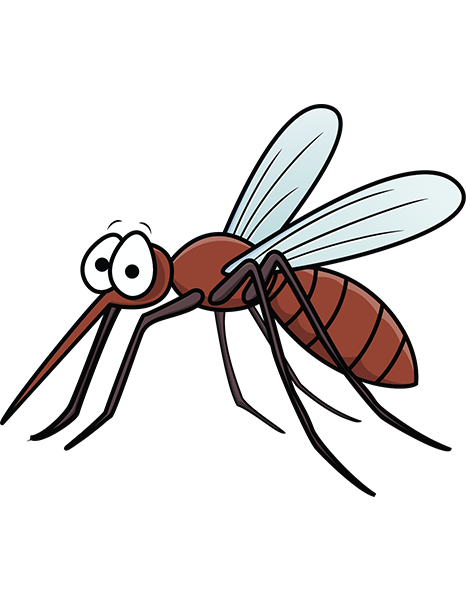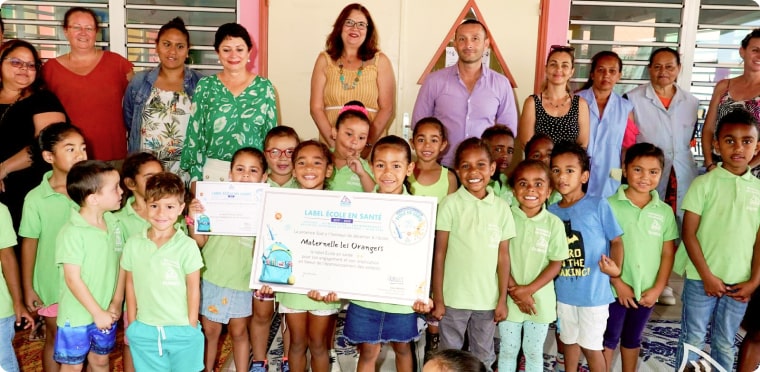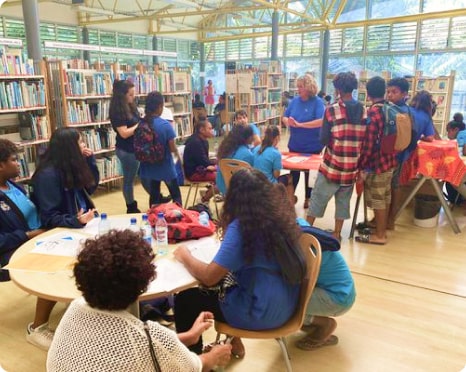Leptospirosis is a bacterial disease transmitted through the urine of mammals. It persists in the environment, in muddy soil or fresh water, leading to human contamination. Cyrille Goarant, an epidemiologist specializing in leptospirosis, explains the specifics of this disease: causes, symptoms, risks, treatment, and prevention.
Objective 1
The sequence consisted of 6 learning sessions, with the following objectives:
- Learn how to protect yourself from mosquito bites.
- Learn how to recognize a mosquito.
- Understand the mosquito’s diet and distinguish between males and females.
- Understand the mosquito’s development cycle.
- Identify breeding sites to eliminate them.
- Identify the symptoms of arboviruses and contact persons.
Materials required:
- “Preventing mosquito-borne diseases” sequence + activity.
- IWB or video projector
- Usual classroom materials (paper, markers, pencils, scissors, etc.)
To complete the sequence:
- “Brice et Lola” teaching kit, DENC
- Books or documentary videos on mosquitoes and insects
Implementation suggestion:
- Setting up a “Science” area within the classroom to observe mosquitoes and other insects.
Creation of a “Flipchart” or “Power Point” on an IWB to summarize and review the knowledge acquired throughout the unit.
Possible links with the different Cycle 1 areas:
… SketchesActing, expressing oneself, and understanding through artistic activities: artistic production around insects; drawing; singing/nursery rhymes.
Exploring the world: making a mosquito trap; investigative approach; experimental drawings; observation








